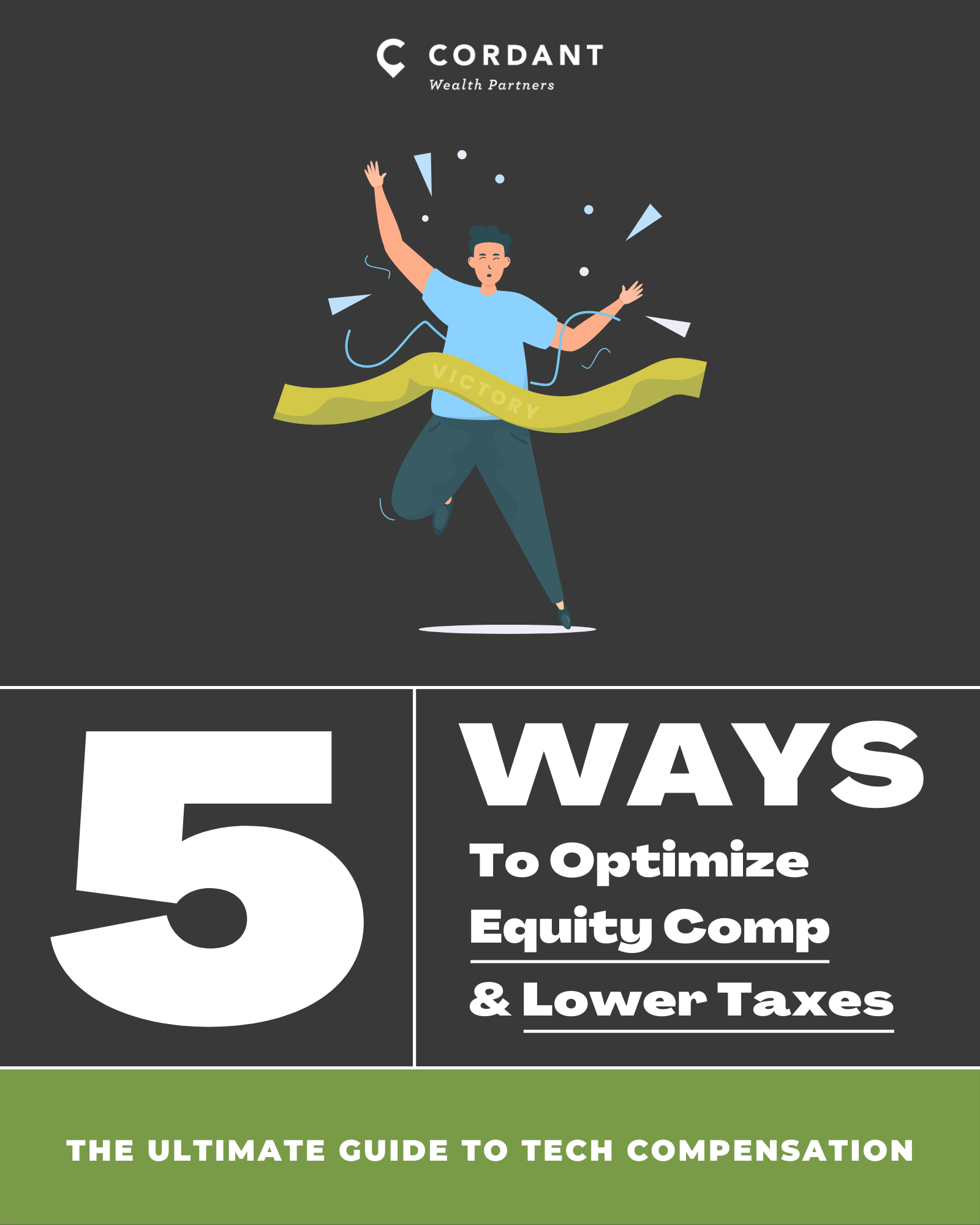“In investing, what is comfortable is rarely profitable.” – Robert Arnott
Investing in U.S. stocks over the last five years has been a pretty comfortable experience, with the U.S. stock market again coming in as one of the best markets worldwide in 2014.
Whether you look at YTD returns or the last five years, the U.S. stock market has easily been a great place to be. With total returns of 87% over the last 5 years, U.S. stocks have bested the rest of the world—compare this 87% to returns of 32% for the MSCI ACWI ex/US index, 18% for the EAFA countries and 5% for the Emerging markets.
Truth be told, over this period pretty much any diversification outside of U.S. equities has been a drag on returns. Given this, it might be tempting to alter your investment strategy based on the landscape looking backward, and put a focus on U.S. equity markets.
However, it’s time for some perspective.
The fact is, markets are cyclical—and what worked last year, or even over the last 5 years, is rarely what will work best going forward. As such, “driving in the rear-view mirror” is never a sound investment approach. “Mean reversion” is a powerful force in investing and highlights the importance of diversification and rebalancing.
Consider the years of 1995-2000—another period of strong U.S. equity market performance. Over this period, the S&P 500 Index was up 219% cumulative vs. -23% for Emerging Markets. In their book The Fundamental Index Rob Arnott, Jason Hsu and John West write:
“Imagine the courage required to sell the S&P 500 and buy emerging markets at the start of this decade [the 2000s], after six years in which U.S. stocks had risen 219 percent and emerging market stocks had lost one-fourth of their value.”
They continue by painting the picture of a pension fund manager suggesting an allocation to emerging market stocks in 2000:
“Emerging market stocks have performed particularly badly over the past seven years, losing a fourth of their value in the face of a global bull market of historic proportions. Valuations in this category are at historical lows, especially relative to those here in the United States, where we have our largest investments. I thus propose initiating a 10 percent allocation to emerging markets.”
According to them, “this pension officer was more likely to face termination, with such a ’reckless’ recommendation, than have his idea adopted.”
Yet, how would his proposal have worked out?
Over the next six years, emerging markets went on to return 222%—compared to 19% for U.S. stocks! Not exactly a “reckless” result.
So, with U.S. stocks having some of the highest equity valuations globally, don’t get caught chasing past performance—or, driving in the rear-view mirror. Implementing (or maintaining) a globally diversified portfolio is as important now as it ever has been, even if it feels uncomfortable to do so.
Are you “driving in the rear-view mirror” with your investment strategy? Learn how Cordant helps its clients intentionally manage their wealth, and move confidently toward the future. Give us a call at 503.621.9207.
Click here for disclosures regarding information contained in blog postings.


